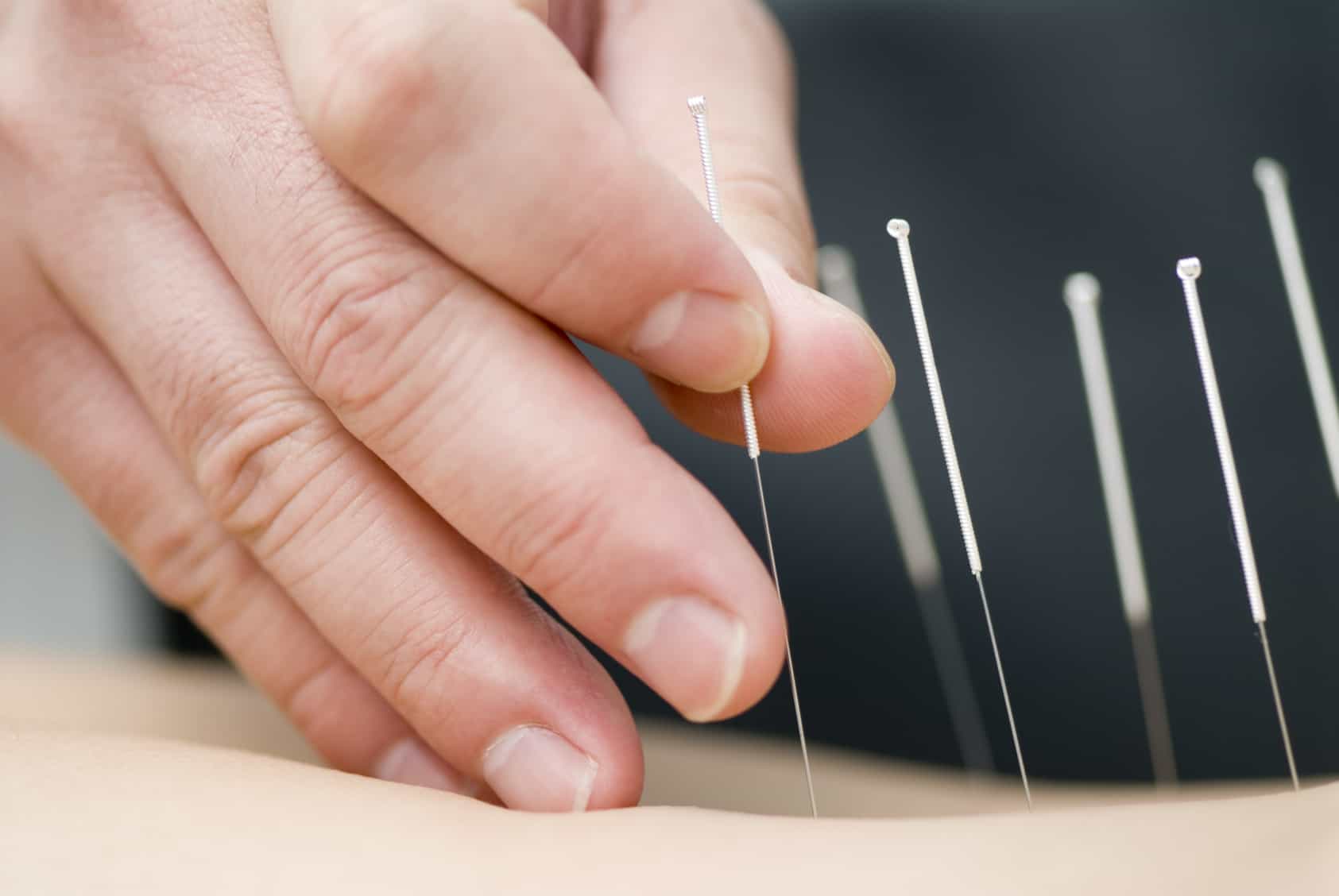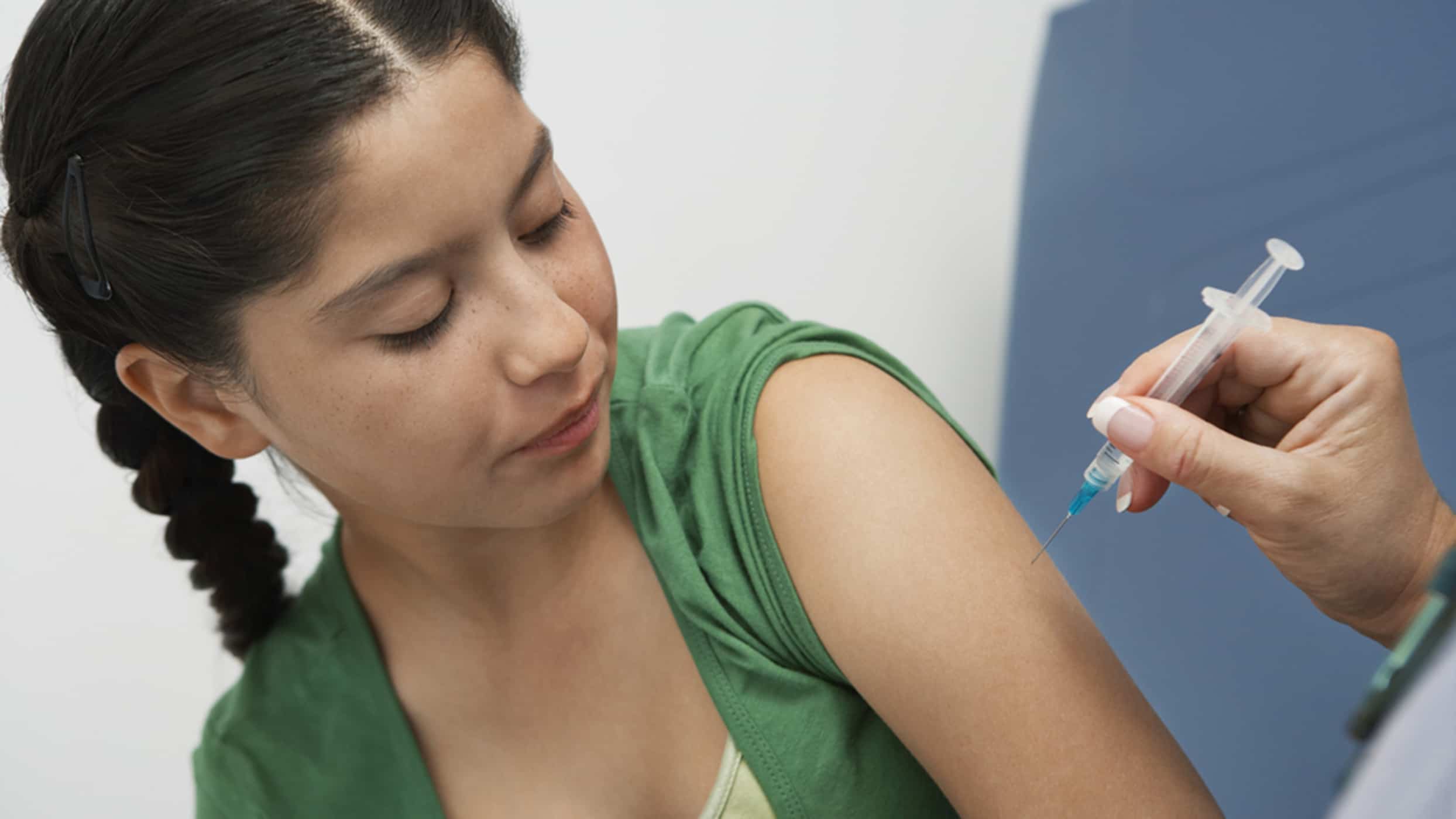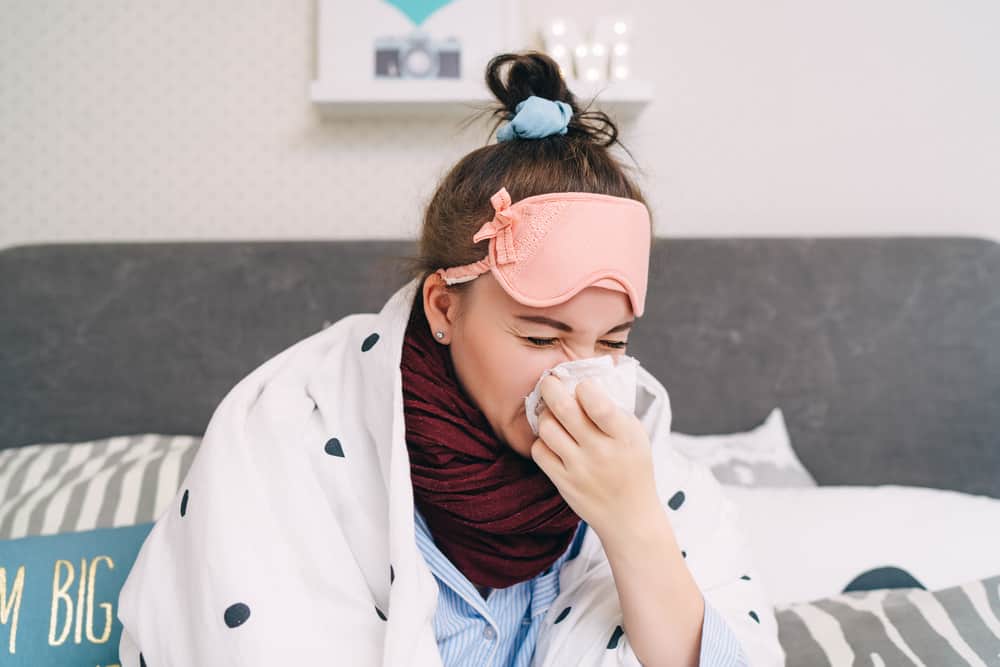Contents:
- Medical Video: Most effective treatment for Psoriasis - Dr. Rajdeep Mysore
- Revealing the effectiveness of acupuncture therapy for psoriasis
- What are the procedures for acupuncture to treat psoriasis?
- Side effects of acupuncture therapy
Medical Video: Most effective treatment for Psoriasis - Dr. Rajdeep Mysore
Psoriasis is a chronic recurrent autoimmune skin disease that cannot be cured. Therefore, many people who have psoriasis look for various ways to relieve symptoms. Acupuncture therapy is said to be an alternative treatment that is useful for treating psoriasis. How effective is acupuncture for psoriasis?
Revealing the effectiveness of acupuncture therapy for psoriasis
Acupuncture is a therapy that uses needle media for its treatment. Very thin needles will be inserted into certain points in your body. Usually this point is adjusted to the complaints suffered by the patient. In their home country, China, acupuncture is most often used to treat pain in almost all parts of the body.
In contrast, in the West, acupuncture therapy is seen as a means of treatment that can stimulate nerves, muscles, and connective tissue. Some experts believe that this therapy can trigger natural painkillers in the body and increase blood flow.
Some of the studies that have been carried out have the same conclusion that acupuncture has benefits to reduce psoriasis symptoms. Acupuncture is also believed to help treat psoriasis in various ways. This treatment is considered an effective stress reliever. On the other hand, stress is one of the triggers for inflammation in psoriasis. In addition, this therapy is believed to help ease pain, especially in psoriatic arthritis.
Research conducted in 1992 found that 31 people from 60 people with psoriasis had psoriasis patches after nine acupuncture. Similar results were shown by a study conducted again in 2004 involving 80 participants. It was stated that the effectiveness of acupuncture to reduce psoriasis symptoms was 91.3 percent after five sessions of acupuncture were performed.
Other studies that are more strengthening have also been carried out in 2016 which concluded that psoriasis sufferers who underwent acupuncture therapy experienced significant improvements.
What are the procedures for acupuncture to treat psoriasis?
When you decide to go to an acupuncturist for psoriasis, try to wear loose clothing to facilitate the needle insertion process. You are also advised not to use perfumes or deodorants that smell so badly that you do not affect other patients who may have a sensitivity to pungent odors. Try to eat one hour before treatment because this therapy can make you a little weak and dizzy. Also, try not to consume caffeinated products and alcohol before therapy starts.
Before therapy, the acupuncturist will usually ask about the symptoms that you feel and examine them. If the acupuncturist has found a point of therapy, then a thin enough sterile needle will be inserted in the part of the body to be treated. Needles will usually be inserted at different depths, depending on the technique used.
The depth of the needle ranges from 2.5 cm-5 cm. After all the needles have been inserted, it will usually be left for about half an hour. During treatment, you may feel pain until numbness. This indicates that treatment is working. Generally, the acupuncturist will recommend a one-week visit for 4-8 sessions. How long the treatment depends on the progress seen on each treatment.
Side effects of acupuncture therapy
Treatment of psoriasis through acupuncture therapy has few side effects as long as it is done properly by the experts. The following are some side effects that may occur, namely:
- Mild pain during and after treatment.
- If the needle used is not sterile, you will get an infection.
- People who have bleeding disorders risk having the possibility of bleeding or bruising after treatment.
- Interferes with the work of a pacemaker if it is done to people with pacemakers that are planted in the body.
Before you decide to do acupuncture therapy for psoriasis, it's a good idea to consult a doctor first. This is intended to reduce the risks and side effects that might occur. Doctors know more about your condition than you yourself. Don't forget to choose a certified acupuncturist so that the procedure is guaranteed safety.












